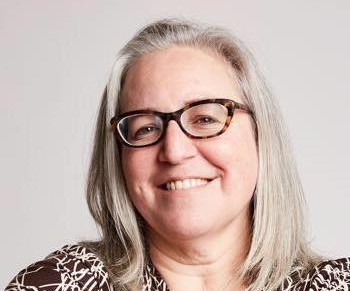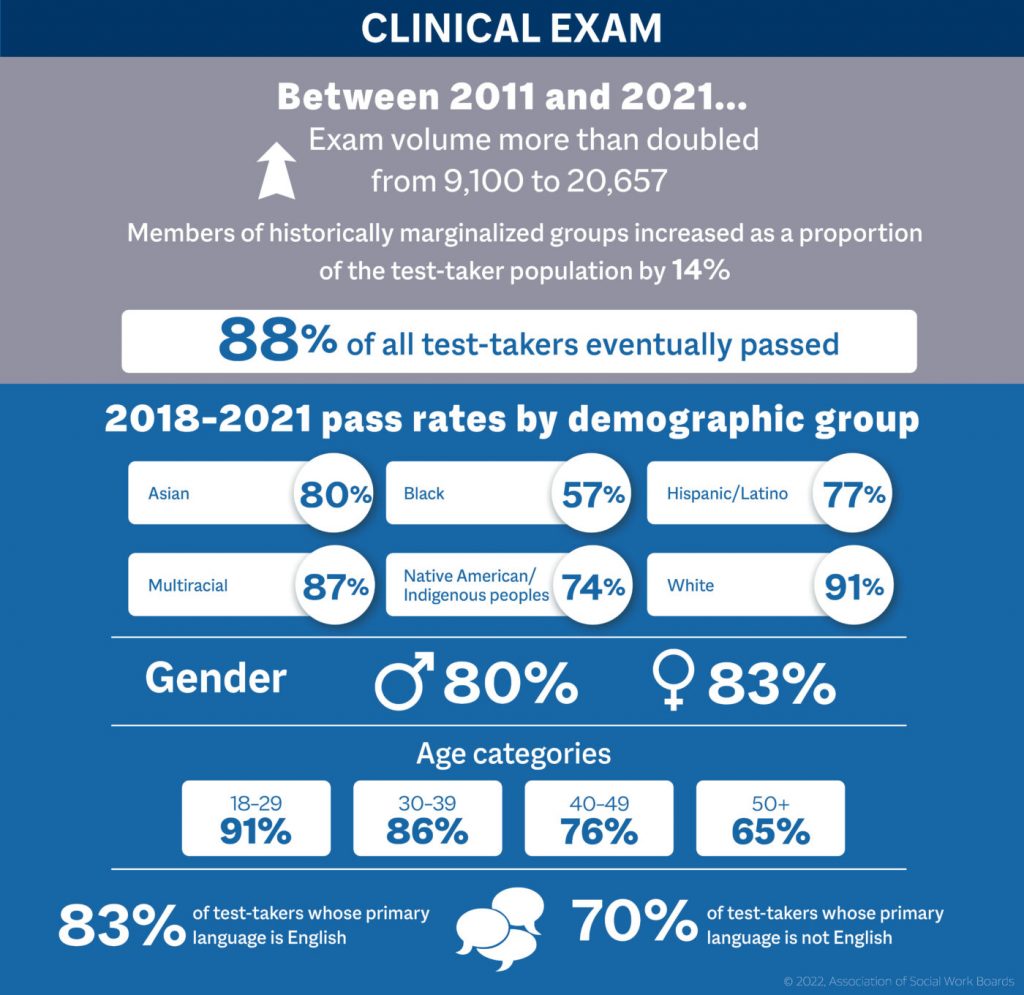
UT College of Social Work Dean Responds to ASWB Passage Rate Report
After reviewing the data, Dean Messinger and the college are taking steps to respond.
I was pleased to see the Association for Social Work Boards (ASWB) finally release test passage data that looks at demographic factors like race, gender, age, and native language status, broken down nationally and by state and social work program. Concerns had been raised for years about possible disparities in passage rates, based on test taker anecdotes and the creative combination of university and state licensure database information, but no testing data were made available. ASWB’s decision to release these data in early August 2022 came after years of advocacy by social work deans and directors, national, state, and local social work organizations, and many individual advocates.
Like so many across the country, I am extremely concerned by the data and the stark differences in exam passage rates by race, age, and language status. These data are especially troubling as MSW-level test takers have completed degrees in accredited social work programs, successfully meeting learning requirements and clocking more than 900 hours of supervised agency-based placement. Those taking the clinical exam completed the MSW degree requirements and passed the MSW licensure exam, along with at least 3000 hours of supervised therapeutic work with clients. For so many test takers, especially older test takers and test takers of color, to have this training, expertise, and experience and not pass the exams is especially troubling.

People who must retake the exam have to pay the full application fee each time, and they often pay for additional exam preparedness courses, putting an onerous financial burden on new graduates and practicing social workers who may be carrying substantial student loan debt. Lower passing rates for test takers of color, especially, have a disproportionate effect on their ability to secure higher paying jobs, to get promotions, and to serve communities of color in need, especially in clinical settings. The ASWB report offers little introspection about the exams and little in the way of explaining the disparate passage rates.
These data are also a concern because there is a movement underway to develop a national compact to facilitate licensure transfer across state lines. This compact would enable social workers to practice with clients in other states through telehealth, and to move freely across state lines and easily transfer their licensure. I am excited about the compact process, which could certainly serve our graduates, but I am concerned that the current version adopts the use of the ASWB tests and does not provide alternative options.
After reviewing the data with our leadership team, the College of Social Work is creating a task force to address the issues as well as taking the following steps to respond:
- The college is funding test preparation courses for graduating students as well as for alumni who have taken but not passed an exam. These courses cover exam content as well as advice and training for how to understand and navigate complex exam questions.
- The Dean has filed comments with the Council of State Governments about the compact process, asking them to consider the issues raised by the discrepancies in exam passage rates as they set the new inter-state standards.
- The college is partnering with leaders in NASW-TN, the state licensure board, and other academic social work programs to establish a statewide working group to consider responses to these problematic exam results at the state level.
If you are a graduate of our BSSW and/or MSSW program who has taken but not passed one of the licensure exams and needs to retake it, please contact Margaret McMillan at cswcep@utk.edu to get access to exam preparation materials. If you have additional questions or concerns, please contact me at cswdean@utk.edu.